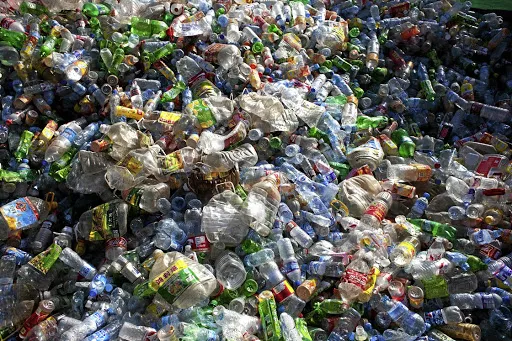Not simply small talk for Hungarian solar pavements
- A Hungarian technology firm is taking small steps with recycled plastic waste to make solar panels constructed into pavements to power structures and also cost electronic tools in public places.

The solar cells are safeguarded with hardened glass ceramic tiles, which permit the sidewalks to bring the weight of vehicles, and also the secret depend on the small-scale method, said Imre Sziszak, co-founder of Budapest-based Platio.
" There are no complicated bits in this panel. We use recycled plastic which gives an extremely solid and also resilient surface area," Sziszak stated while setting a sidewalk at a public pool in the north-west community of Komarom on the Slovak boundary where the solar panels will supply eco-friendly power for public lighting and a USB-charging station.
" We intended to make an actually basic product that can supply renewable energy for homes," Sziszak included.
One photovoltaic panel device offers regarding 20 Watts of energy and Platio states it is the only company which makes use of recycled plastic waste for this purpose.
The solar cells are integrated into the pavement by using recycled plastic materials, with about two kgs required for each and every panel, and also Platio pavements can be mounted where using conventional solar technology is not feasible.
" There are lots of situations when the customers can not put it on the roofing, either because the bad setting of your home, or due to the system or the roof covering structure, as well as in these cases ours is a very good choice," Sziszak stated.
For a common family house, a 20 square-meter sidewalk offers sufficient eco-friendly power as well as Platio's biggest project was an 80 square-meter sidewalk in Kazakhstan to power the a/c of a mall.
Although the Platio solar sidewalk is currently more expensive than traditional roof-mounted panels, Sziszak believes the simpleness of the item makes it a lot more versatile.
" For some reason, all our rivals as well as the other programmers are somehow hooked on the suggestion of making roadways ... that signal where animals come from, or where the next turn is," he claimed.
" We intended to make a truly simple item that can give renewable energy for homes."
Also read

